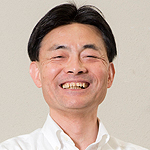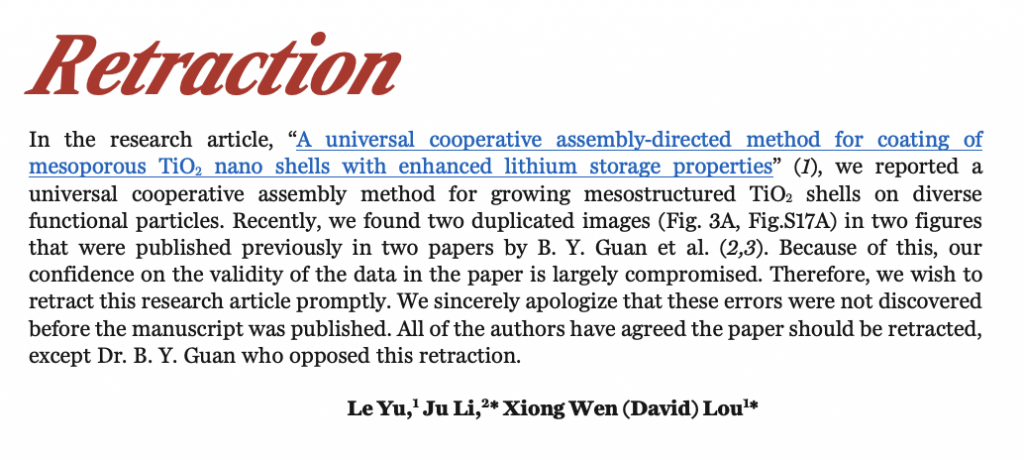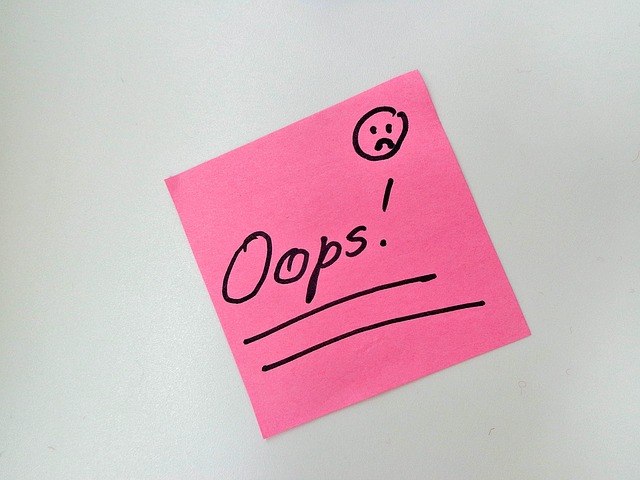A group of pain management researchers have had three of their papers retracted since September, after another group published a critique of their work earlier this year.
The critique, published in the journal Pain in April, found that ten studies led by physiatrist Marco Monticone of the University of Cagliari in Italy may not be reliable. The studies had several inconsistencies, including data that diverged from almost all similar studies, impossible statistical significance values, and duplicated or very similar data from other studies by the group, though the studies were purportedly separate clinical trials.
Continue reading Pain researchers lose three papers after Cochrane group questioned data







